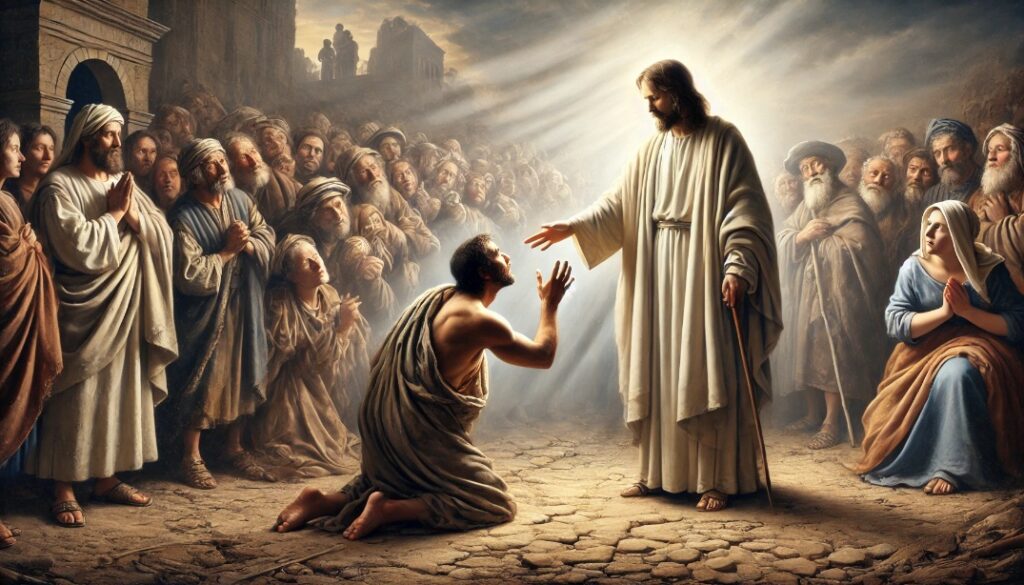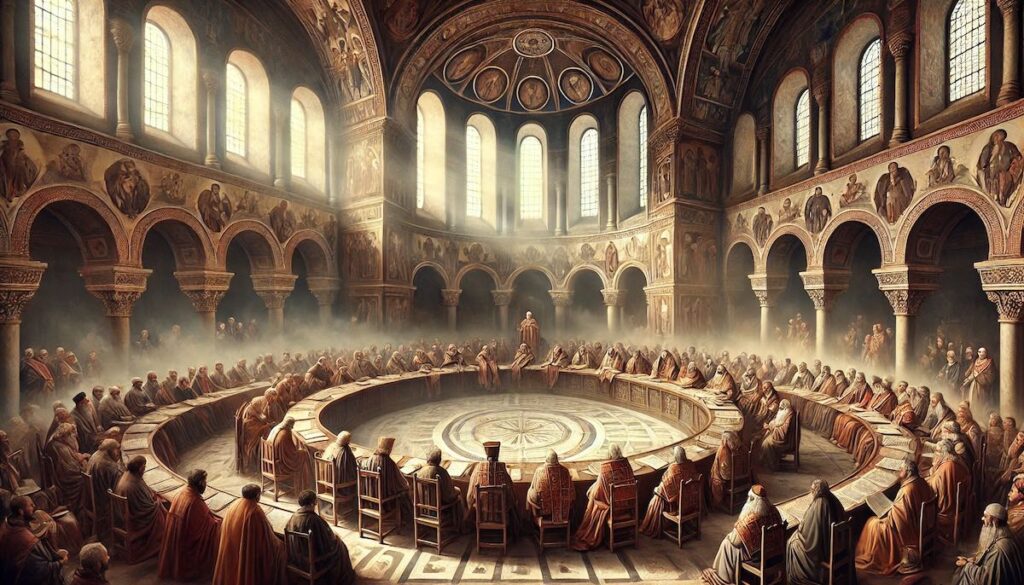The Third Way of Aquinas: Contingency and Necessity
Thomas Aquinas’s Third Way (Via Tertio), outlined in his Summa Theologiae, argues for the existence of God through the concepts of contingency and necessity. This argument centres on the observation that the existence of contingent beings (those that depend on external factors for their existence) requires the existence of a necessary being, which Aquinas identifies […]
The Third Way of Aquinas: Contingency and Necessity Read More »






